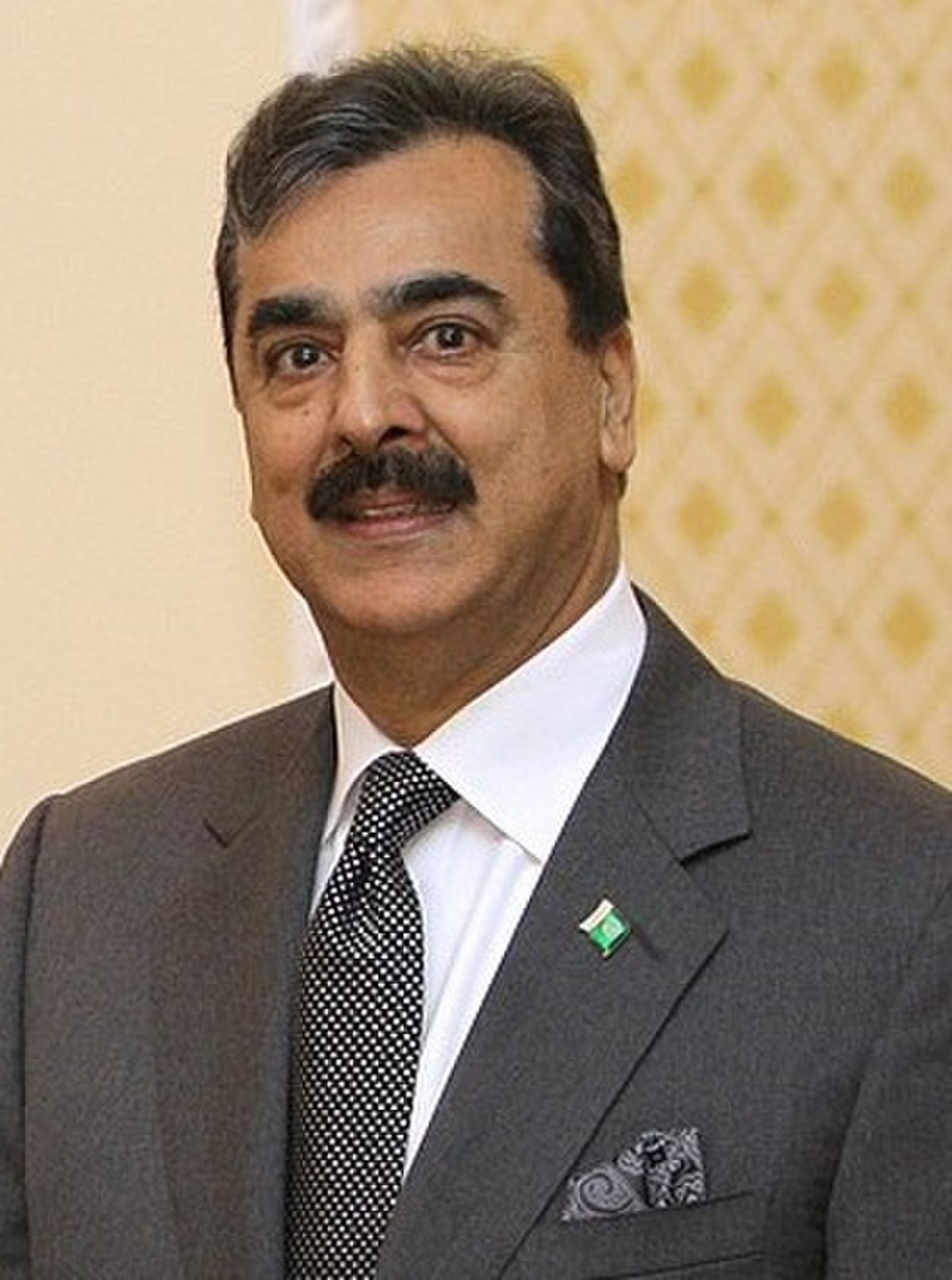
Pakistan under Gillani
PakistanPrime Minister Yousaf Raza Gillani led a coalition government representing parties from all four provinces of Pakistan. During his tenure, significant political reforms transformed Pakistan's governance structure from a semi-presidential system to a parliamentary democracy. This change was solidified with the unanimous passage of the 18th Amendment to the Constitution of Pakistan, which relegated the President to a ceremonial role and significantly enhanced the powers of the Prime Minister.
Gillani's government, responding to public pressure and in cooperation with the United States, launched military campaigns against Taliban forces in the northwest of Pakistan between 2009 and 2011. These efforts were successful in quelling Taliban activities in the region, though terrorist attacks persisted elsewhere in the country. Meanwhile, the media landscape in Pakistan was further liberalized, promoting Pakistani music, art, and cultural activities, especially in the wake of banning Indian media channels.
Pakistani-American relations deteriorated in 2010 and 2011 following incidents including a CIA contractor killing two civilians in Lahore and the U.S. operation that killed Osama bin Laden in Abbottabad, close to the Pakistan Military Academy. These events led to severe U.S. criticism of Pakistan and prompted Gillani to review foreign policy. In response to a NATO border skirmish in 2011, Gillani's administration blocked major NATO supply lines, leading to strained relations with NATO countries.
Pakistan's relationship with Russia saw improvement in 2012 after a secret visit by Foreign Minister Hina Khar. However, domestic challenges continued for Gillani. He faced legal issues for not complying with Supreme Court orders to investigate corruption allegations. Consequently, he was charged with contempt of court and ousted from office on April 26, 2012, with Pervez Ashraf succeeding him as Prime Minister.
